Hybrid cars have become increasingly popular as environmentally friendly options for drivers seeking a balance between traditional fuel and electric power. With the growing emphasis on reducing carbon footprints, it’s essential to weigh the advantages and disadvantages of owning a hybrid vehicle. Potential buyers need to assess these factors carefully to make informed decisions about their next car purchase.
Environmental Impact
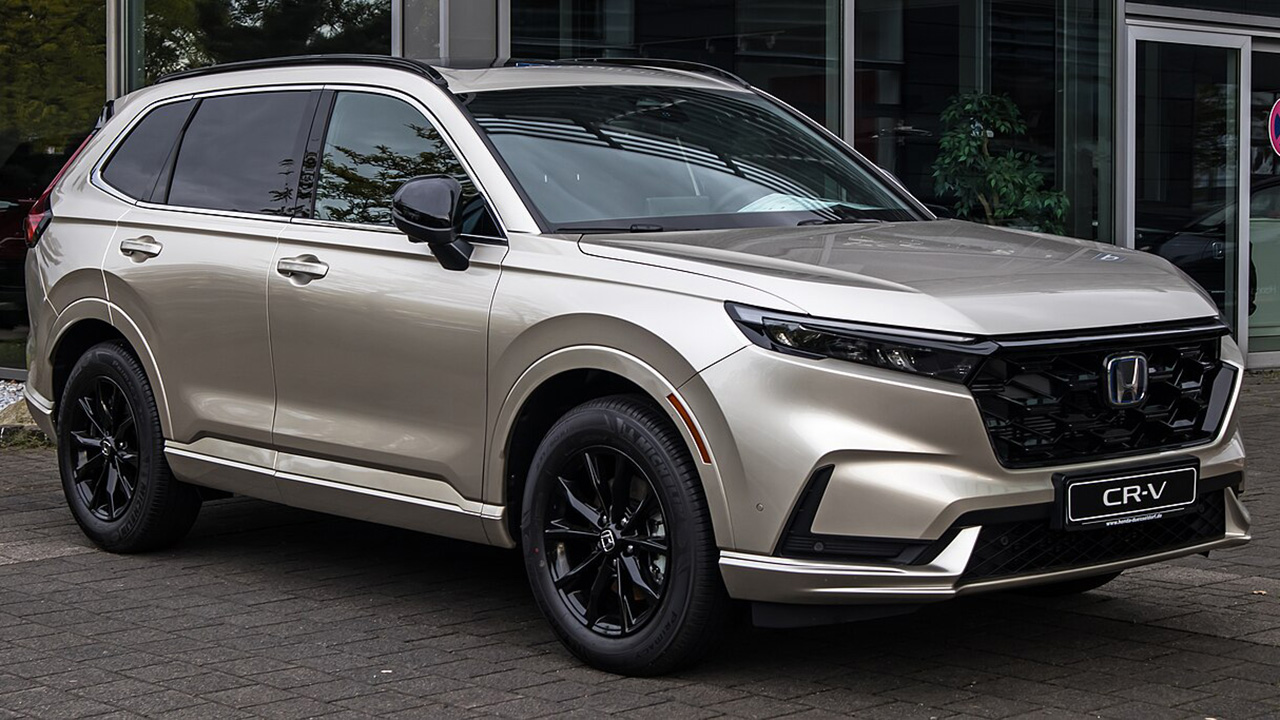
Hybrid cars are often praised for their reduced emissions. By combining an internal combustion engine with an electric motor, hybrids emit fewer pollutants into the atmosphere compared to conventional vehicles. This reduction in emissions contributes to decreased air pollution and a smaller carbon footprint. For environmentally conscious drivers, this benefit alone could be a compelling reason to choose a hybrid over a traditional gasoline-powered car.
Another significant environmental advantage is the enhanced fuel efficiency of hybrid vehicles. The synergy between the electric motor and the engine allows these cars to use fuel more efficiently, which not only reduces the frequency of refueling stops but also conserves fossil fuels. For instance, the Toyota Prius, a well-known hybrid model, consistently boasts impressive miles per gallon (mpg) ratings, making it a popular choice among eco-friendly consumers.
However, the sustainability of hybrid cars isn’t without its challenges. The production and disposal of hybrid car batteries involve complex processes that can have adverse environmental impacts. These batteries contain rare earth materials, the extraction and processing of which can lead to significant ecological damage. Thus, while hybrids offer lower tailpipe emissions, potential buyers should consider the full lifecycle environmental impact of these vehicles.
Cost Considerations
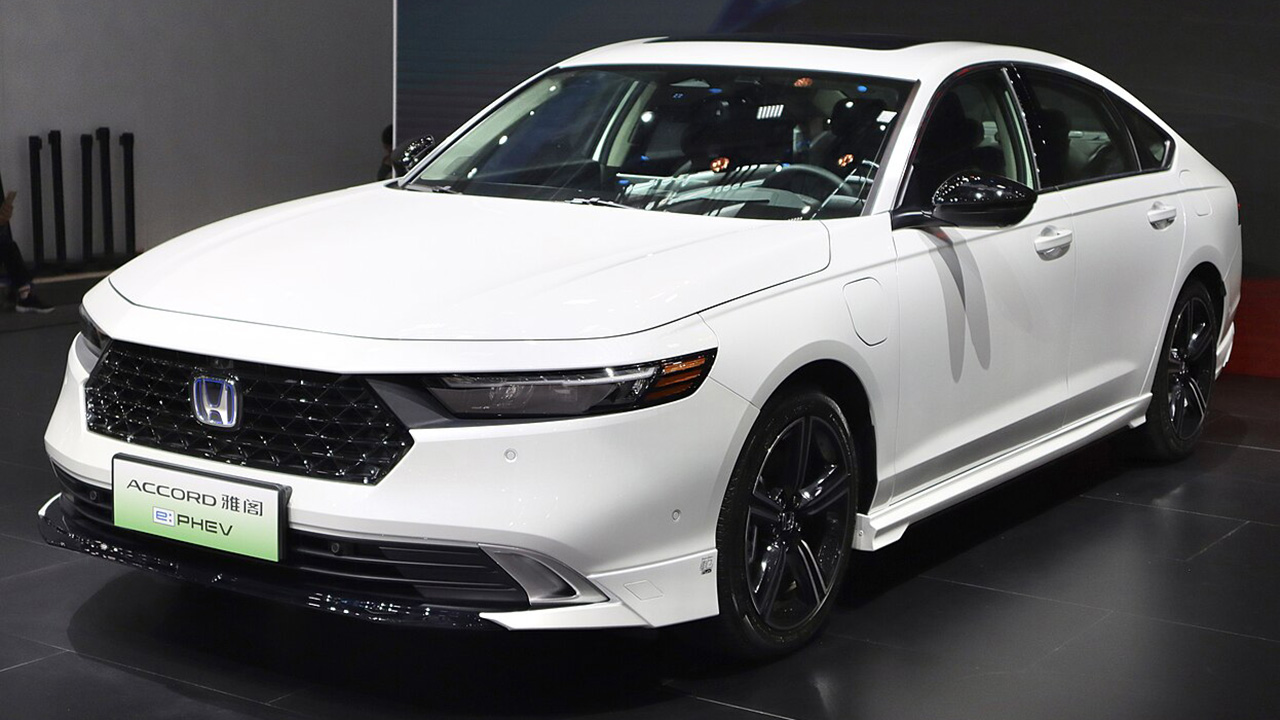
One of the primary factors potential hybrid car owners must consider is the initial purchase price. Hybrid vehicles often come with a higher upfront cost compared to their conventional counterparts. This price difference can be attributed to the advanced technology and materials used in hybrid systems. For example, a 2023 Honda Accord Hybrid might cost more than its gasoline-only version, which could deter budget-conscious buyers.
Despite the higher initial investment, many hybrid owners experience long-term savings. The improved fuel efficiency of hybrids leads to lower fuel expenses over time. Additionally, some regions offer tax incentives or rebates for eco-friendly vehicles, which can offset the initial cost. For instance, various U.S. states provide tax credits to hybrid car owners, making these vehicles more financially attractive.
Moreover, hybrids tend to retain their value better than traditional cars, which can result in a higher resale value. As demand for environmentally conscious vehicles grows, hybrids are likely to remain in demand, ensuring that owners can recoup more of their investment when it comes time to sell or trade in their vehicle.
Performance and Driving Experience
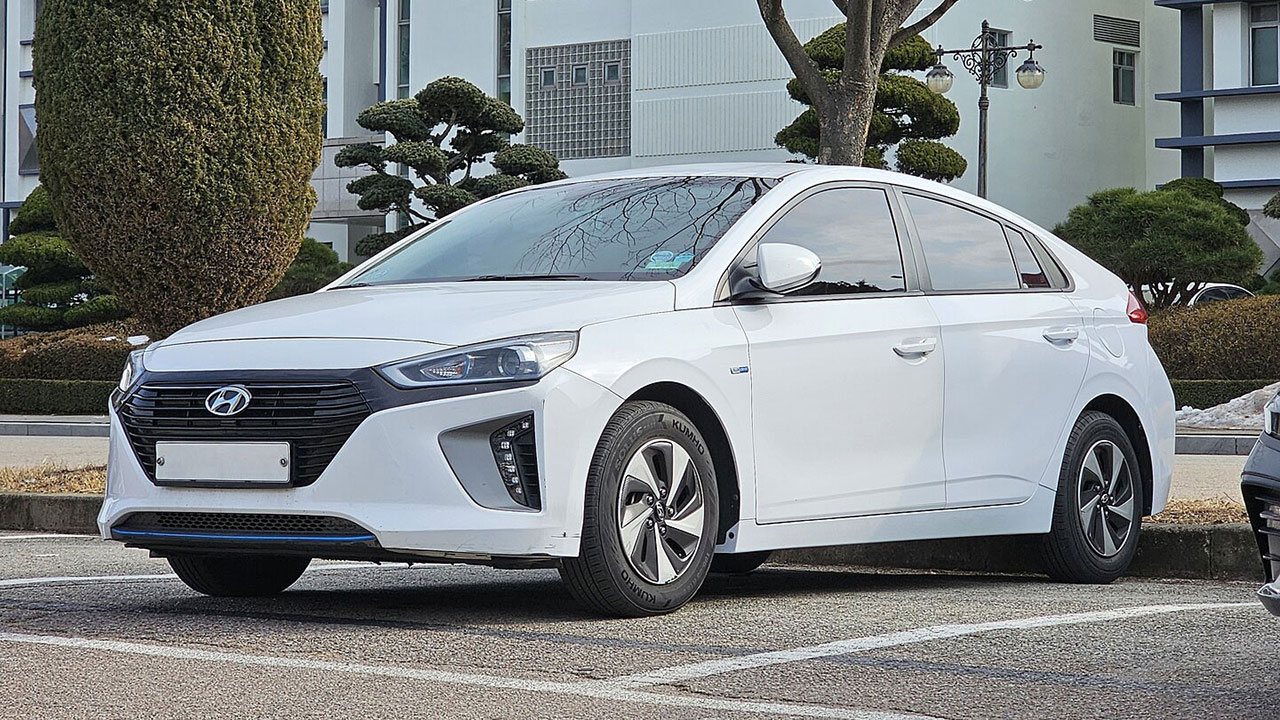
Hybrids offer a unique driving experience that combines the benefits of both electric and gasoline power. One notable advantage is the extended driving range, which often surpasses that of fully electric vehicles. This feature makes hybrids particularly suitable for longer trips, as drivers don’t need to worry about frequent recharging stops. For instance, the Ford Fusion Hybrid provides an excellent balance of range and efficiency, making it a solid choice for road trips.
Technological advancements have also improved hybrid acceleration and power. Many modern hybrids, such as the Hyundai Ioniq, offer comparable performance to traditional vehicles, although some drivers may still perceive a difference. Handling and acceleration may not match high-performance gasoline engines, but for the average driver, the performance of a hybrid is more than adequate.
In addition to performance, hybrids provide a quieter driving experience due to their electric motors. This reduction in noise can enhance overall comfort, making for a more pleasant ride for both the driver and passengers. The quiet operation is especially appreciated in urban environments, where noise pollution can be a concern.
Maintenance and Reliability
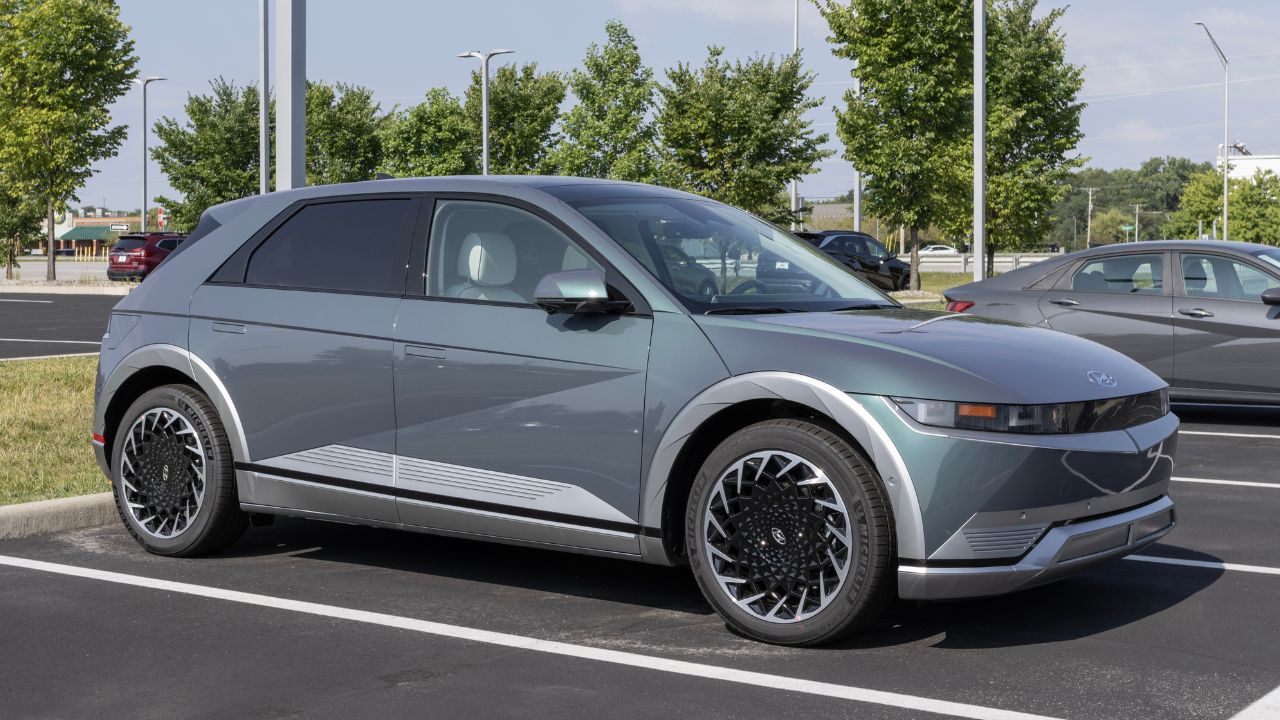
When considering a hybrid vehicle, it’s essential to factor in maintenance costs. Hybrids tend to have lower maintenance expenses because the electric motor reduces wear on the internal combustion engine. This reduction in wear can lead to longer intervals between services and lower overall maintenance bills. However, the cost of battery replacement can be significant, although most hybrid batteries are designed to last for many years.
Overall, hybrids are known for their reliability. The technology has matured over the years, and many hybrid models have proven track records for durability and dependability. Concerns about battery life and the complexity of hybrid systems remain, but these issues are gradually diminishing as the technology continues to evolve.
Manufacturers often provide extended warranties for hybrid components, which can offer additional peace of mind for owners. These warranties typically cover the battery and other essential hybrid systems, ensuring that buyers are protected against unforeseen issues.
Technology and Innovation
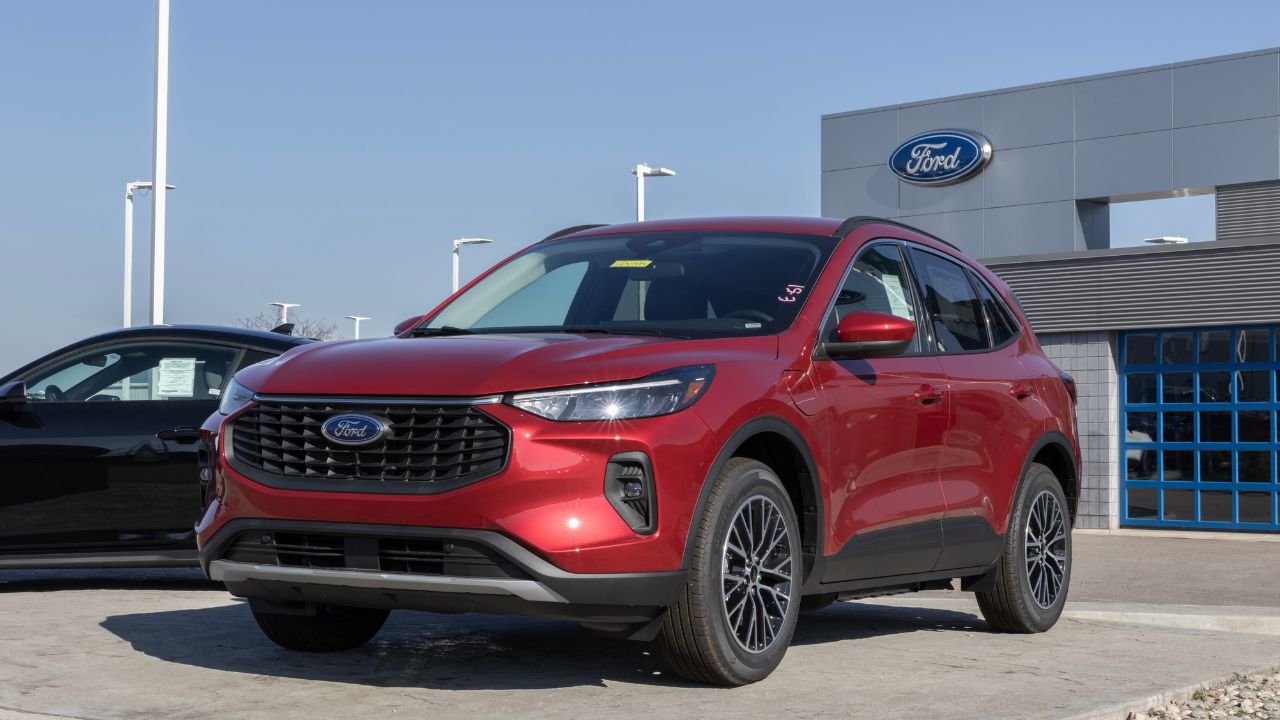
The hybrid vehicle market is characterized by continuous advancements in technology. Manufacturers are investing in research and development to enhance the efficiency and performance of hybrid systems. Innovations such as regenerative braking, which captures energy typically lost during braking and stores it in the battery, are becoming standard features in many hybrids, further improving their appeal.
Moreover, the integration of smart technologies in hybrid vehicles is on the rise. Many hybrids now come equipped with advanced navigation systems, smartphone connectivity, and driver assistance features. These technologies enhance the overall driving experience, making hybrids not only environmentally friendly but also convenient and enjoyable to drive.
Looking ahead, the future of hybrid vehicles is promising. As the automotive industry continues to explore ways to reduce carbon emissions and improve fuel efficiency, hybrids are likely to play a significant role. Potential future developments could include even more efficient battery technologies, increased electric-only range, and further integration with renewable energy sources, solidifying hybrids as a crucial component of sustainable transportation solutions.
Like Fast Lane Only’s content? Be sure to follow us.
Here’s more from us:
*Created with AI assistance and editor review.

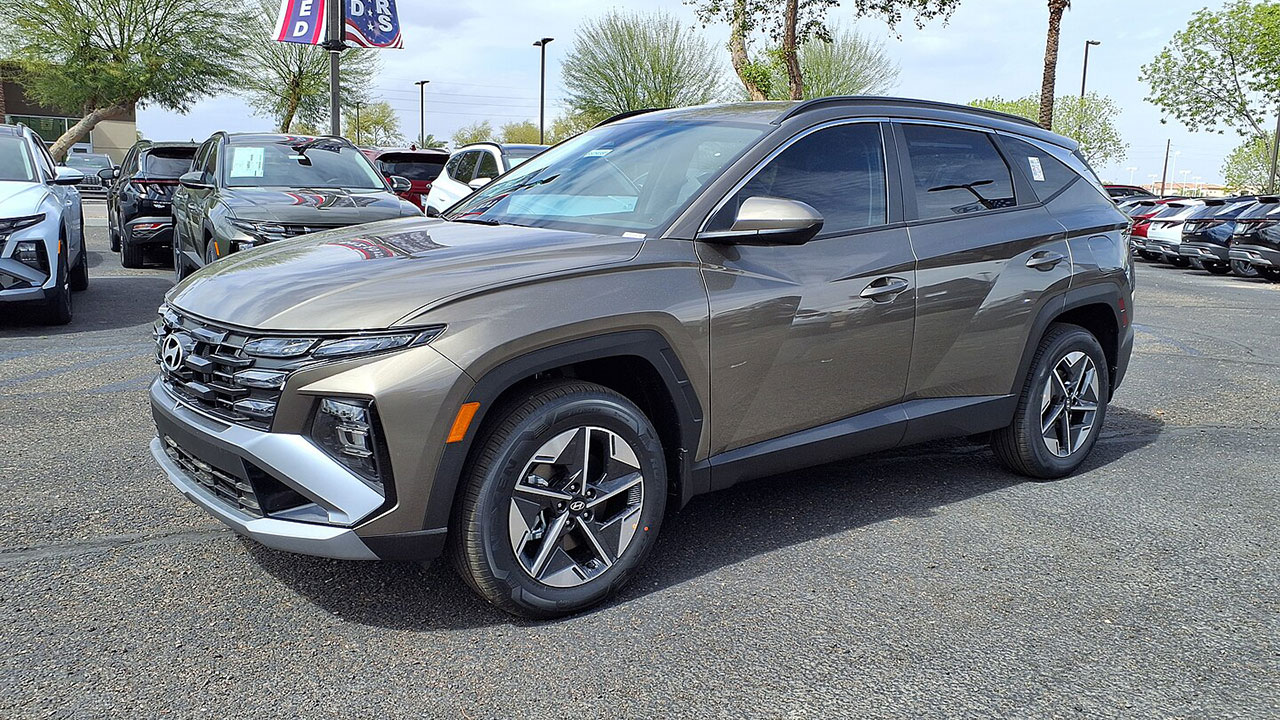


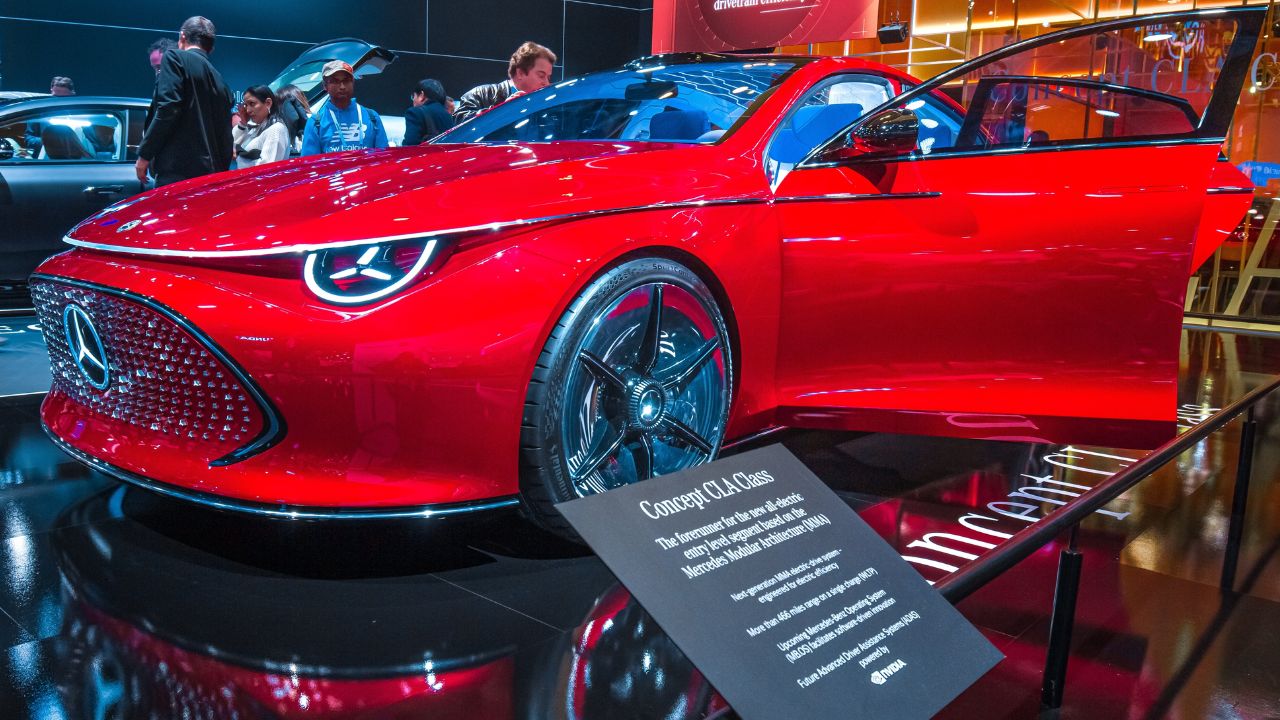
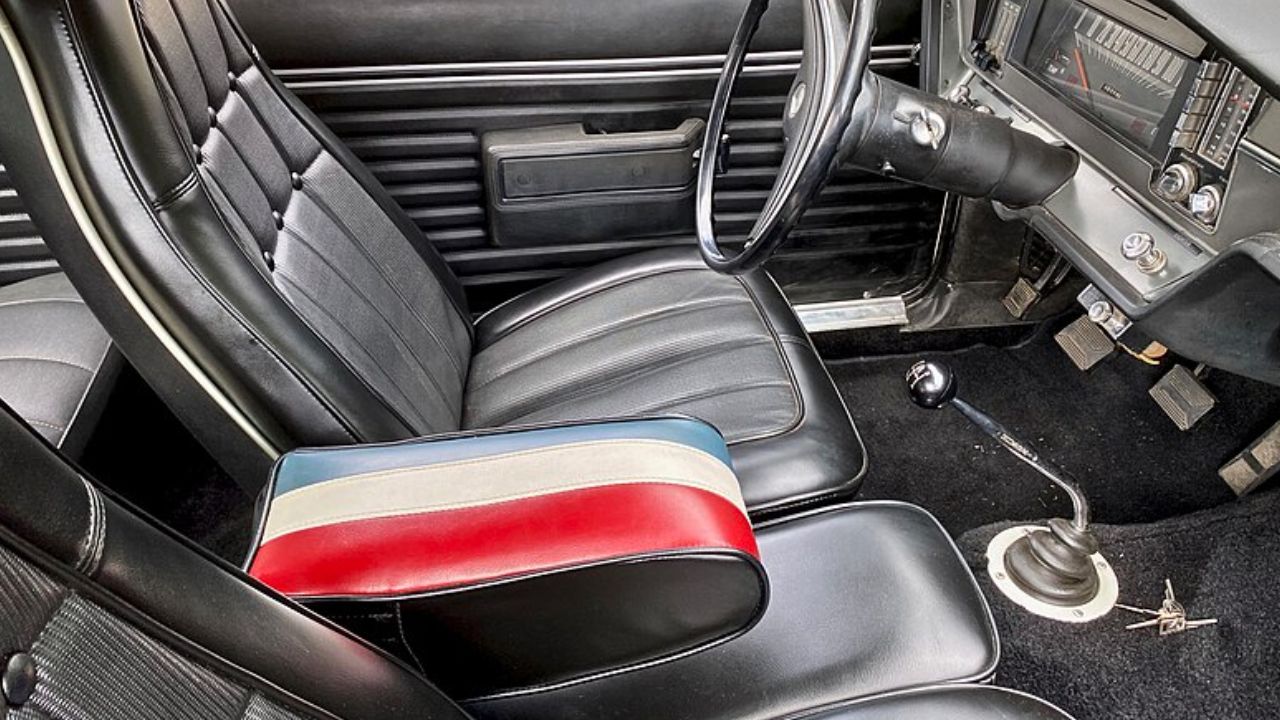
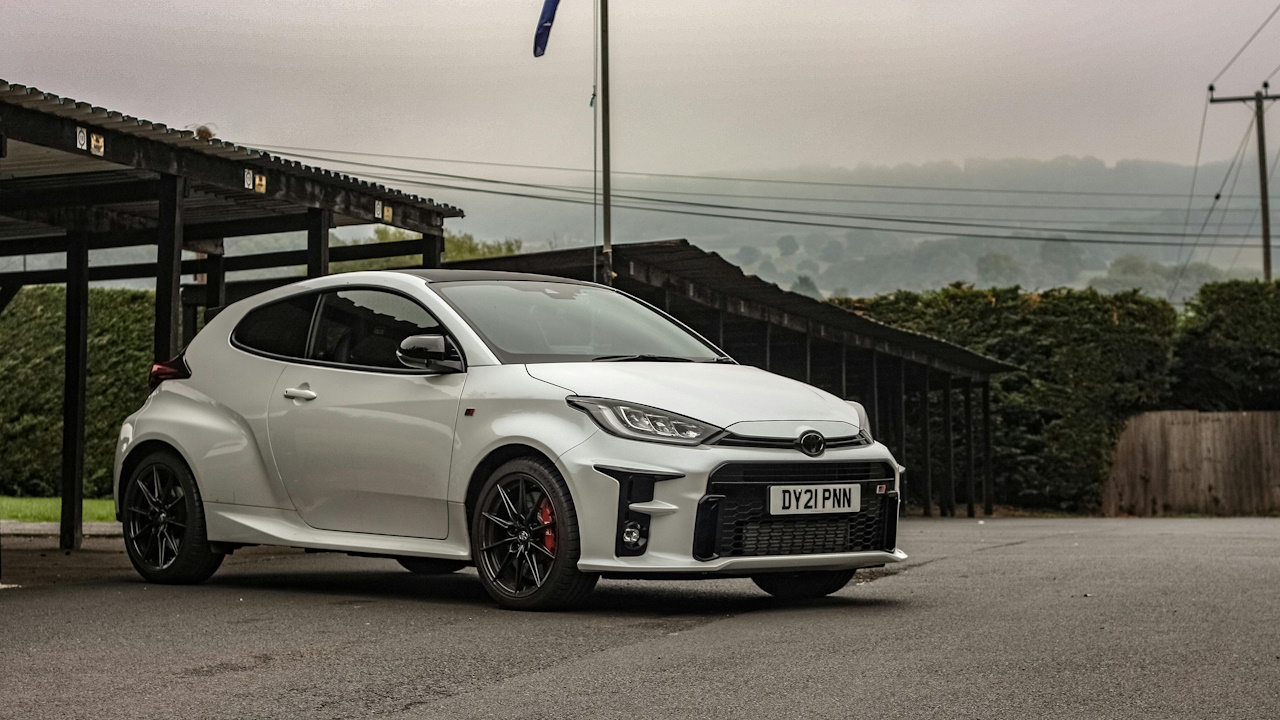
Leave a Reply